Sign us up for renewable power

![]() To stabilize the climate and avert catastrophic disruption, we must transition our economy away from fossil fuels—particularly our energy and transportation sectors—by mid-century. Shifting our grid in the Pacific Northwest to rely on 100% clean and efficient power is the core foundation to building a clean energy economy. And with very rapid progress in vehicle electrification and energy storage technologies, clean electricity can soon be a major part of the strategy for reducing transportation-related emissions.
To stabilize the climate and avert catastrophic disruption, we must transition our economy away from fossil fuels—particularly our energy and transportation sectors—by mid-century. Shifting our grid in the Pacific Northwest to rely on 100% clean and efficient power is the core foundation to building a clean energy economy. And with very rapid progress in vehicle electrification and energy storage technologies, clean electricity can soon be a major part of the strategy for reducing transportation-related emissions.
The great news is we are well on our way to a carbon-free electric power system. In 2019, Washington State enacted one of the strongest clean energy policies in the country, with utilities having to transition off coal power by 2025 and offer 100% clean and carbon-free electricity by 2045. With robust renewable energy and clean fuels standards and a commitment to end the use of coal already on the books, Oregon followed suit in 2021, matching the nation's strongest statewide timeline for adopting 100% fossil-free electricity by 2040.
The Northwest electric power system is already 71% carbon-free, making the region’s power supply as a whole less carbon-intensive than any other part of the U.S. The large base of existing hydropower both anchors the existing low-carbon system and, because it offers operational advantages over large thermal power plants, can serve as a relatively efficient platform for integrating renewable energy. The major carbon pollution sources on the grid are already approaching functional and economic obsolescence; many coal plants are scheduled for retirement already, and no new ones are being built.
The technologies to produce and use clean electric power, especially wind and solar energy, are relatively well-developed, diverse and commercialized now. As the energy system makes greater use of rapid advances in information and communication technology, more pathways emerge on both the demand and supply sides for meeting energy service needs.
While some bring up the need for "bridge fossil fuels" it's worth noting that while fossil methane is picking up some of the slack, it is with dubious climate benefits,[1] and there is little if any legitimate need for new investments in gas power plants or infrastructure. Existing capacity can serve any foreseeable temporary need to use gas for system balancing. A diverse array of flexible, low-cost strategies is emerging – including energy storage, efficiency, load management, smart grids, renewable energy diversity, and scheduling accuracy–to instantaneously balance electric power systems loads and resources.
Using energy wisely and renewable energy can save and deliver the kilowatt-hours we need. But we will also need to upgrade the “system” hardware and software to unlock their full potential. Grid modernization, smart grids, load management systems, storage solutions, and energy and transmission market reforms are vital and rapidly evolving parts of this “system upgrade.”
We expect that renewable electric resources will be the primary focus of any new electric generating capacity needed to achieve decarbonization.[2] It's essential to accelerate progress in financing, deploying, incentivizing, and integrating these technologies to get to a 100% clean grid.
Utilities and their regulators will need to evolve as well, developing financial and regulatory models that reward innovation, facilitate decarbonization to more distributed energy systems, protect consumers, and invest in communities historically impacted the most by pollution and lack of investment.
[1] Even low rates of methane leakage largely–or perhaps completely–balance out the advantage of gas over coal due to its lower CO2 production. But “better than coal” is not the appropriate test: even if leakage were not a problem, investment of long-term energy capital in new gas capacity is not consistent with the emission and investment trajectories necessary to meet climate stabilization imperatives. See: “Key factors for assessing climate benefits of natural gas versus coal electricity generation.”
[2] Nuclear power plays a very limited role in the existing NW system, with only one commercial generating station in the region. New nuclear capacity using existing, commercialized technology is not competitive, nor is it being contemplated. New nuclear technology platforms are in the experimental stages, as are many other renewable energy technologies. While further innovation is likely, our focus will be primarily on deployment and operationalization of technologies and systems that have a reasonably clear sightline to safe and affordable commercialization.
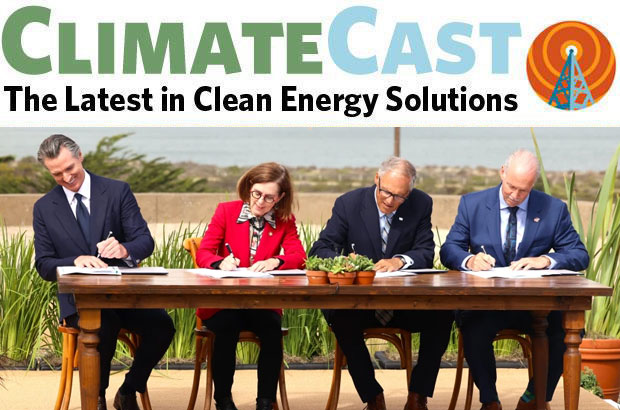
by Jonathan Lawson on
In this week's ClimateCast: the urgent need for clean energy infrstructure, resiliency and hard choices, West Coast climate leadership and more.
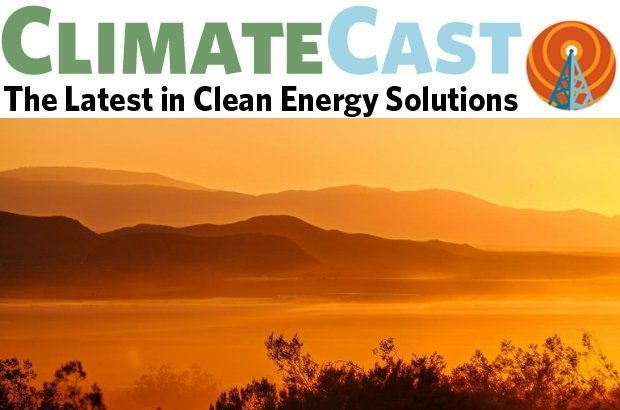
by Stephanie Noren on
ClimateCast is our curated, biweekly collection of news and commentary on climate issues. In this issue: DC Dispatch; renewables boom; CA leads but still too hot
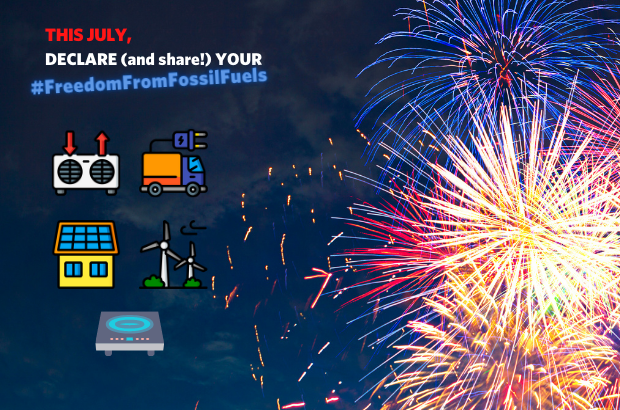
by Jonathan Lee on
Climate Solutions has been sharing real, widely available clean energy solutions through our #FreedomFromFossilFuels campaign. Now, we'd like to hear from YOU!
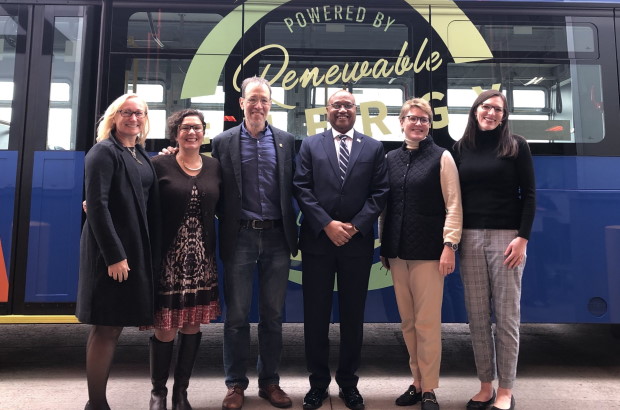
by Victoria Paykar on
While we are putting all our efforts into transitioning our transportation sector to be made up of 100% zero-emission vehicles powered by renewable energy, this transformation will not happen overnight.
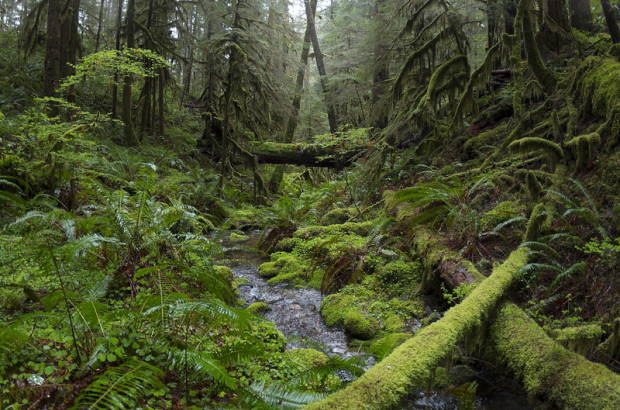
by Jonathan Lee on
If you’re like me, you’ve seen a LOT of studies released about the increasingly dire state of our climate, what’s to come if we do not cut pollution, and how much pollution we need to cut by when.

by Meredith Connolly on
Today is a significant milestone for Oregon’s climate progress, but it requires a little time traveling to the cusp of the pre-COVID times to fully appreciate how far we’ve come.

by Meredith Connolly on
Oregon's legislators heard your calls to address climate pollution from buildings—but it’s taking a new form. Also, don't miss updates on our statewide other climate priorities.
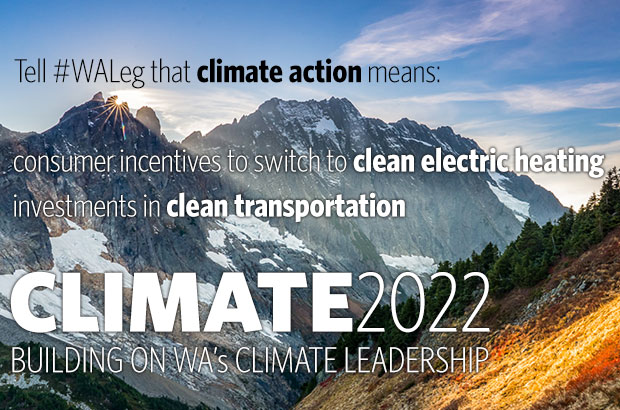
by Joëlle Robinson on
We made some great progress in 2021 on climate, but there is still so much more to do to meet WA’s statutory climate goals, and most importantly, respect our Earth’s climate boundaries.
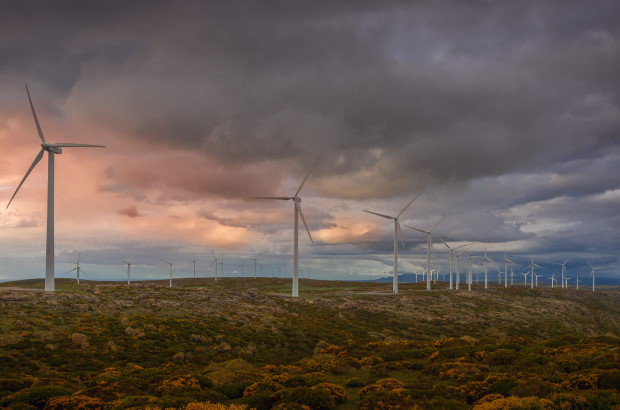
by Gregg Small on
A lot of the focus today is what happened yesterday, Election Day. But at the end of last week, two surreal things happened at the same time in Washington, D.C.
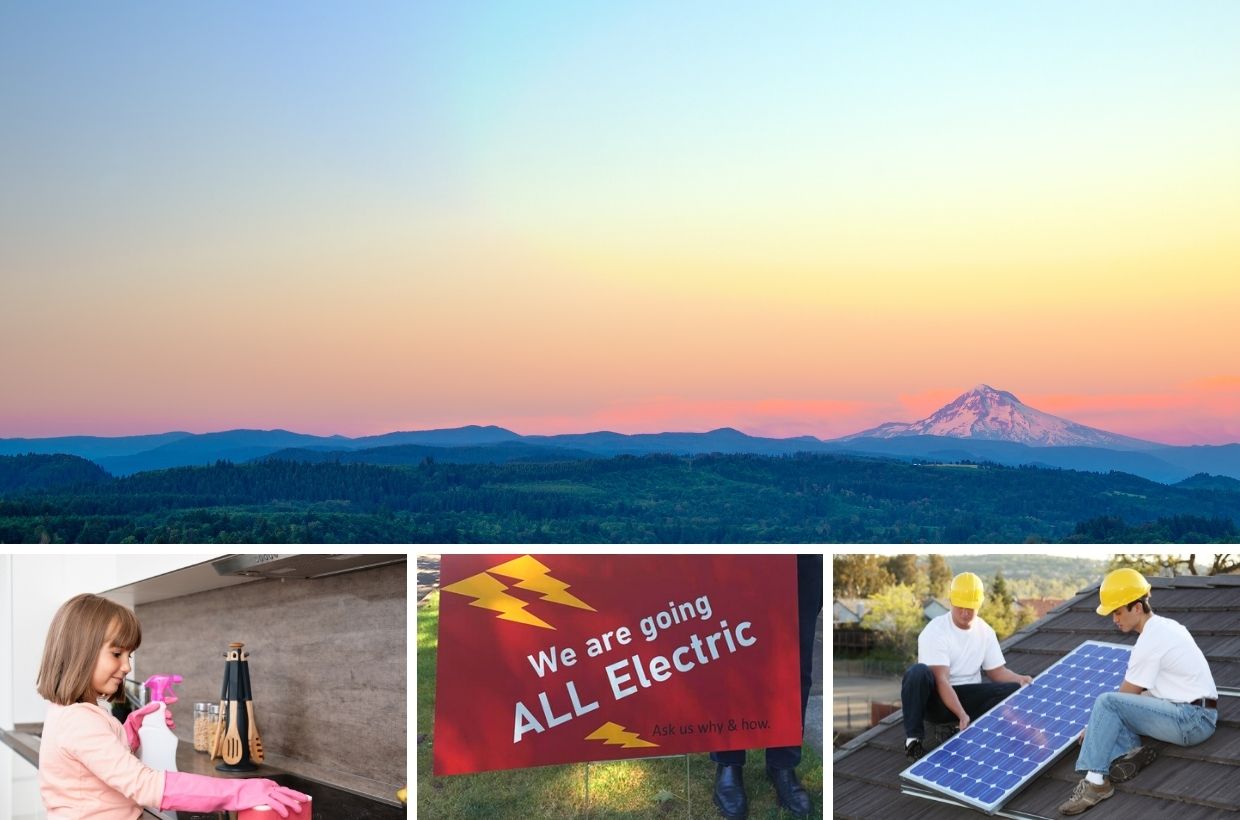
by Greer Ryan on
As heat rises, fossil fuel pollution from Oregon’s buildings looms large.
Join our email list to learn about what we do and how to get involved.
Today is a significant milestone for Oregon’s climate progress, but it requires a little time traveling to the cusp of the pre-COVID times to fully
A lot of the focus today is what happened yesterday, Election Day.